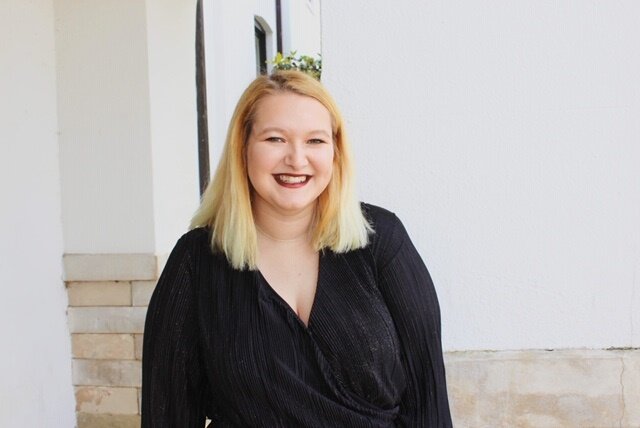Scripture Sisters: Miriam: by Katie
Who was she?
We first meet Miriam at the start of the book of Exodus. As the Bible tells us the story of Moses’ birth, it speaks of a sister “who stood at a distance in order to see what would happen to him” (Exodus 2:4) after he was sent down the Nile in a basket in order to escape Pharaoh’s decree that all male Hebrew babies were to be killed. This sister is believed to be Miriam. As she watches, Miriam sees Pharaoh’s own daughter retrieve the child and take him in. But then Miriam does not rest and just hope for the best for her brother Moses. Instead, she acts. Miriam goes to Pharaoh’s daughter and offers to find a Hebrew woman who would be able to nurse the baby. Pharaoh’s daughter agrees, and Miriam cleverly uses this opportunity to reunite Moses with his own mother while Pharaoh’s daughter pays her to nurse her own son. This scene introduces Miriam as a compassionate and cunning woman whose craftiness is something to be admired.
In Exodus 15, we learn Miriam’s name and see her role as a central figure in the Exodus story come to life. The Lord has just parted the Red Sea so that the Israelites could escape Pharaoh and the Egyptians in their pursuit to reinstate their long-lasting oppression against the Israelite people. As an act of celebration and praise, the Israelite’s sing a song to the Lord. Near the end of the chapter, the Bible says, “Then the prophetess Miriam, Aaron’s sister, took a tambourine in her hand, and all the women came out following her with tambourines and dancing” (Exodus 15:21). Then, Miriam leads them in a song of exaltation to the Lord. This scene captures Miriam’s role as a leader, in which she not only has her own voice, but she gives a voice to the women who are following her.
The next time we see Miriam, she is in trouble. She and her brother Aaron rebel against the Lord, seeking their own pride over His power. For this act, the Lord punishes Miriam, giving her a skin disorder. Her brothers plead to the Lord on her behalf, and the Lord declares that she must stay in isolation outside of their camp for seven days until she can be considered clean again. But there is a moment in this story that is simply striking. The Bible says, “So Miriam was confined outside the camp for seven days, and the people did not move on until Miriam was brought back in” (Numbers 12:15). This is a huge testament to Miriam’s standing among the Israelite people. She is one of their leaders and they refuse to move on without her. This sentiment is repeated after Miriam’s death later in the book of Numbers, when the water dries up and the Israelites cannot drink. Even nature mourns for this powerful Israelite woman.
How did God use her?
Through these different stories, we see that Miriam is more than just Moses’ sister. She is a woman with a name, a voice, and a calling. God used Miriam to help lead the Israelites out of Egyptian slavery and oppression. He also allowed to be a stronghold for her people and her family. He gifted her with resolve and intellect so that she could be a powerful force in her lifetime. God also used her as an example for His justice when we don’t trust Him or seek our own pride over His glory. Yet, He also uses Miriam to show His acts of grace and love on His people
What can we learn from her?
There are so many lessons we can learn from Miriam. She teaches us the importance of looking out for our people, using the gifts God has given us, and trusting in His ways. She also shows us how we need to use our circumstances to lift others up and allow them to be heard instead of just ourselves. Beyond that, Miriam teaches us that we need to be kind and caring leaders, and that one of the most important things we can do is be there for other people. Maybe we should all try to be a little more like Miriam.
Katie is a first year student from Mississippi and is currently studying Ministry Leadership. She is excited to see what God has to teach her during her time at Southeastern. Katie loves naps, cheese, and Captain America.

